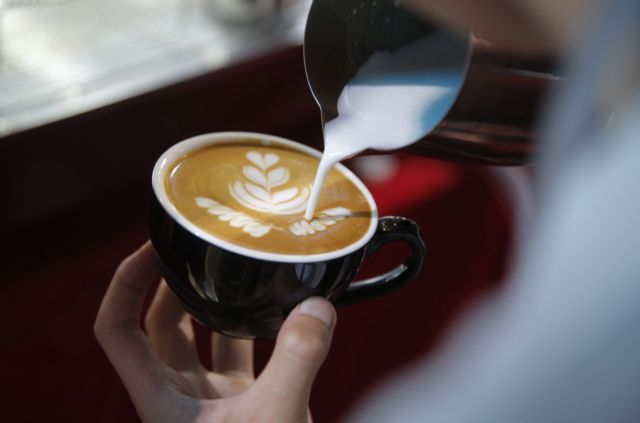Coffee prices in Greece are set to rise starting Monday, July 1, as cafes and traditional coffeehouses adjust to a higher VAT rate.
This change, returning the VAT on served coffee, tea, cocoa, and other beverages to 24% after a pandemic-induced reduction to 13%, translates to an 11% increase in prices. For instance, Greek coffee that was 2.50 euros until yesterday now sells for 2.80 euros, while a freddo espresso, previously 3.50 euros, now costs around 4 euros.
However, coffee ordered for delivery or take-away will continue to enjoy a permanent 13% VAT rate, maintaining affordability for consumers on the go.
Despite the challenges, some businesses are striving to shield customers from these price hikes initially. Industry insiders emphasize the need to sustain demand amidst mounting operational costs exacerbated by inflationary pressures over the past three years.
The reinstatement of the 24% VAT rate on served beverages, aligning them with non-alcoholic drinks, has elicited strong responses from restaurant professionals. They argue that increased operational costs leave little room to absorb further financial strain.
Meanwhile, international coffee prices, particularly in the Robusta market, have surged by 50% in 2024. With businesses typically holding coffee stocks for no more than 60 days, a sustained high price trajectory could lead to a 5% to 15% increase in raw material costs per kilogram by autumn.
Consequently, the reintroduction of the higher VAT rate on coffee, coupled with potential producer-driven price escalations, is expected to significantly impact Greece’s coffee industry in the latter half of the year.




